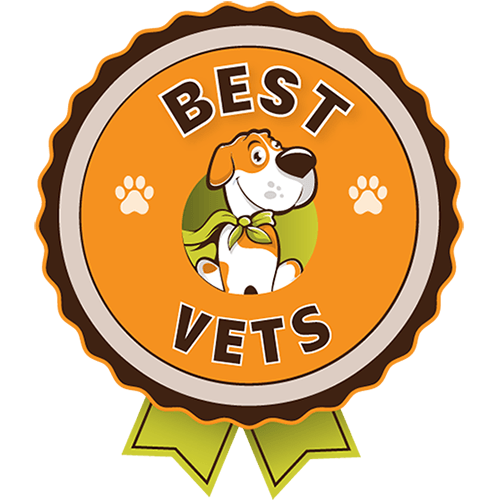Do You Have These 3 Common Pet Poisons in Your Home?
Because of the World Wide Web, pet owners know more about taking care of their four-legged family members than in the past. Obviously, having a wealth of information at your fingertips in your pocket makes it easier to understand your cat or dog. Despite this, though, quite a few pet parents don't realize many common things pose a threat to their four-legged companions. You already know to store medications and chocolate where your pet cannot get to them, but some seemingly safe items could be as dangerous. Since March is National Pet Poison Prevention Month, now is a good time to expand your knowledge. Here are some everyday items you might not know are toxic to your precious pet.

1. Xylitol
You might not recognize xylitol by name, but you probably have it somewhere in your home. It is an extremely common artificial sweetener used in sugar-free foods and snacks, most commonly chewing gum and candy. Unfortunately, this ingredient is certainly not sweet for cats and dogs. When ingested, Xylitol may cause blood sugar levels to drop. It has also been linked to serious liver damage. With food manufacturers using this ingredient more often, it's showing up in new foods and snacks constantly. Xylitol is even found in some varieties of peanut butter. Be sure to read labels before giving your feline friend or canine companion human food!
2. Grapes and Raisins
Raisins and grapes are tasty and nourishing snacks for you and your family, but they are dangerous to your furry family member. Scientists aren't quite certain precisely why these fruits are so poisonous to pets, but even ingesting just a few grapes or raisins could possibly cause kidney failure.
3. Indoor Plants
If you have indoor plants, restrict your dog or cat's access. A lot of common plants are toxic to dogs and cats and can lead to everything from mild digestive upset to organ failure and death. Snake plants, aloe, dracaena, and philodendrons are just a few examples of houseplants that are toxic to dogs and cats.
Caring For Pets Who Have Ingested Toxic Substances
Seek prompt assistance if you ever think your pet might have consumed or been exposed to a poisonous or toxic substance. An exam is vital even if your pet does not have any obvious symptoms. Get in contact with the Pet Poison Helpline for additional information.
If you are searching for a veterinarian in Edmonds, Stoneridge Animal Hospital can help. Our veterinarians provide both wellness and sick care and will give your pet the care they need. To find out more about us and our services or schedule an appointment for your furry friend, reach out to us today.

When you subscribe to the blog, we will send you an e-mail when there are new updates on the site so you wouldn't miss them.





